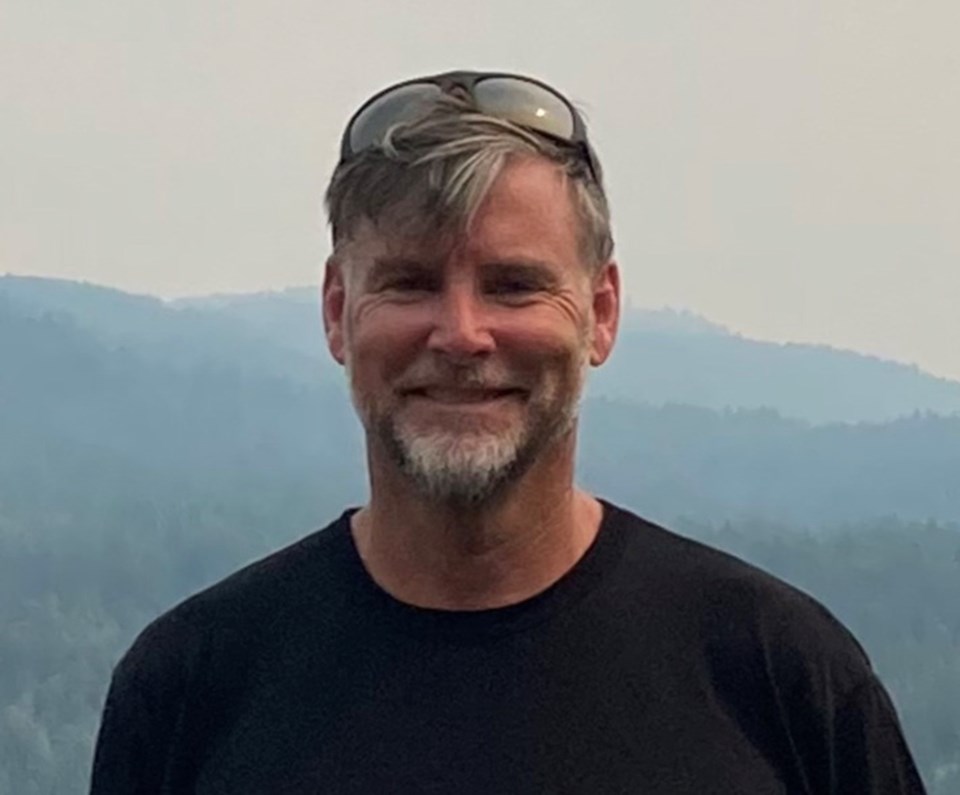ESTEVAN - The addictions treatment centre at St. Joseph’s Hospital has made an impact in the lives of the patients it serves.
Anthony Cafik, who is the manager of the facility, made a presentation alongside Kevin Smith at a recent meeting of Estevan city council. Cafik became emotional when he spoke at times, and there were moments in which council chambers were silent other than the sound of Cafik speaking.
Cafik said it was important to let the community know what they were doing, rather than allowing potential misconceptions to occur.
“Addiction – and I get emotional around this – affects many people, whether it’s someone in addiction, or if it’s someone who’s been affected, whether it be a family member, or has been impacted innocently by addiction,” said Cafik.
He referred to it as a the “modern-day leprosy” because it can be ugly. He recently met with Police Chief Rich Lowen because the Estevan Police Service is on the front lines of dealing with these calls.
“He would like to see their officers and constables being on the front line but understanding what addiction is, because it can be baffling when you see people destroying their lives and those of others.”
It’s important to understand what addiction is and what people are going through.
“At St. Joseph’s, we don’t teach them to stop. Because they can’t. We teach them not to start, because they can,” he said.
Then they teach them what is happening mentally, emotionally and even physically that would cause them to start so they can choose something different.
St. Joseph’s wants to take the person and understand what’s going on with them until they feel safe enough to be honest, and create an atmosphere where patients can talk about abuse, home life, guilt, shame and anything else.
People suffering addictions aren’t just numbers, he said. They’re human beings.
“There’s no escaping the consequences of choices made, whether it’s rational or irrational, because there has to be some consequence,” said Cafik. “I want to say the consequences, whether it be legal, medical or otherwise, are the very things that will get them help. Not protecting them from their consequences. The police play a vital role in that. The medical system plays a vital role in that. Our family and friends play a vital role in that.”
St. Joseph’s addiction treatment centre is covered under public health-care. Cafik comes from a background in the private sector, and he said it can cost tens of thousands to go to private treatment, something not everyone can afford.
St. Joseph’s has the level of care found in a private setting while still being affordable.
“We look at the whole picture with a full clinical team, and we look at the environment in which they go back, and if they’re going to go back to a dysfunctional home, if they’re going to go back to old friends, they are not going to be successful,” said Cafik.
They work with the housing authority in Estevan to provide another level of care. It builds a recovery community in which those who went through it are now part of the solution to help those who are going through treatment.
“Estevan is the epicentre of that level of care, and I’m proud to be part of it,” Cafik said as he became emotional.
Cafik said there are some who will refuse help and walk out the doors. In those instances, Cafik will let the police know that an individual has left and there is a concern.
“We can’t keep anybody against their will,” said Cafik.
The addictions treatment centre keeps records on whether somebody was medically discharged, if they were released because they walked out or if they were transferred to another program.
Councillor Shelly Veroba said the number of people who voluntarily leave would be a very small number compared to the number that stay.
“I think what I was originally told was the majority of people that come have already climbed into the detox process, and they basically are there because they want to be there,” said Veroba. “We all know how hard it is to continue the program, but the desire to be there is theirs alone.”
The facility has beds for those going through detox, and once they’re ready, they are moved to primary care.
“It’s nice that it’s not just detox, and then there’s nowhere to go,” said Cafik. “Sometimes we get transfers from other detox [facilities]. We will put a patient on a high priority … because they want help. To me they’re doing the work already, and we want to carry that momentum.”
But people will leave in the detox process because they might get scared, or they might come around and feel good and start want to using substances again. So the addictions treatment centre will partner patients with the support staff who will visit them, so they’re not left alone.
Councillor Travis Frank expressed gratitude for their honesty and sincerity.
“We know there is a stigma around this, but I’ve had family who have gone through addictions recovery as well, and so I know as well that stigma is not fair and this is a very important health-care matter, and we really appreciate you’re doing this work on the matter.”





